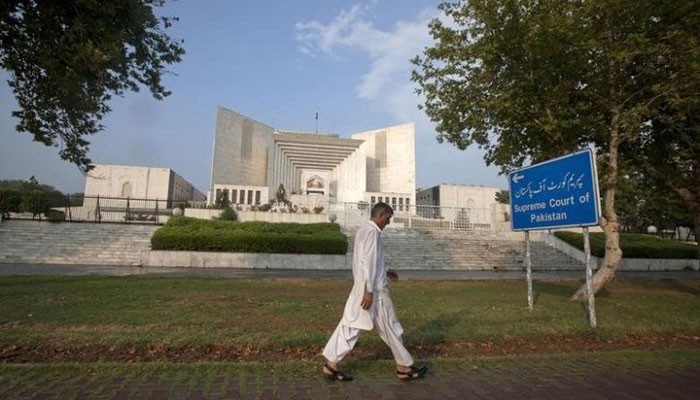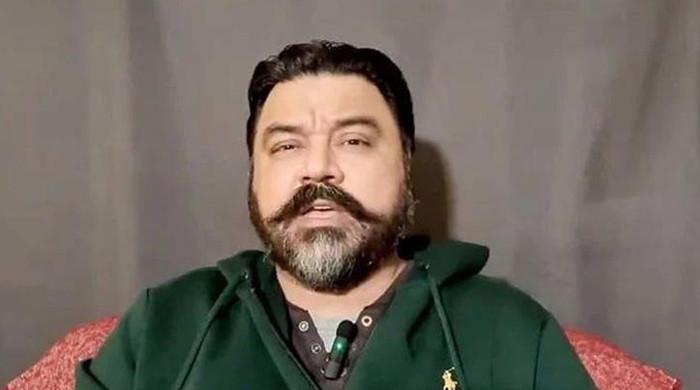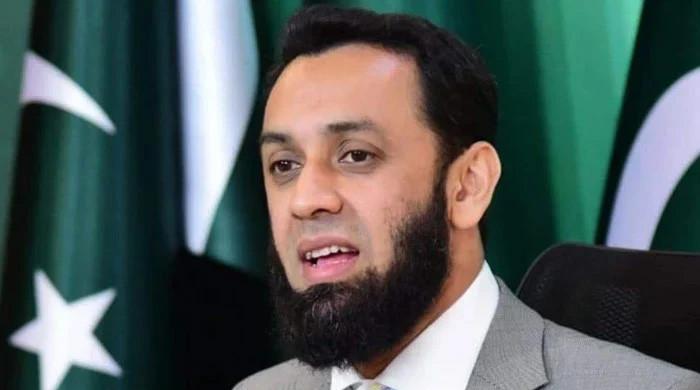Nawaz doesn't need any formal office to continue guiding his party, people: Shehbaz
Punjab CM says Nawaz Sharif is not the name of a person 'rather he represents a philosophy and ideology of public service'
April 13, 2018
LAHORE: Pakistan Muslim League-Nawaz (PML-N) president and Punjab Chief Minister Shehbaz Sharif on Friday said former premier Nawaz Sharif does not need “any formal office to continue guiding his party and serving his people”.
Shehbaz in a series of tweets commented on the historic Supreme Court ruling that lawmakers disqualified under Article 62(1)(f) of the Constitution will be unable to contest elections for the rest of their life.
The verdict seals the political fate of former prime minister Nawaz Sharif.
“Nawaz Sharif is not the name of a person. Rather he represents a philosophy and an ideology of public service, supremacy of constitution and respect of vote. A leader like him does not need any formal office to continue guiding his party and serving his people,” Shehbaz tweeted.
“Today is a day of test for the nation when a judicial decision has barred a popular national leader from serving the country who made it a nuclear power and who has the distinct honour of being elected prime minister thrice,” Nawaz’s younger brother added.
Shehbaz stated that despite the SC verdict, PML-N will “continue to be the largest political party of the country under the guidance of Nawaz Sharif”.
“We have always believed in the supremacy of law and the neutrality of its arbiters. Despite the judicial verdict, PML-N will continue to be the largest political party of the country under the guidance of Nawaz Sharif,” he said.
Last month, Shehbaz formally took charge of the PML-N after an earlier court ruling banned the former premier from heading the party.
In its judgment, the Supreme Court has observed that an election candidate who has committed misconduct falling within the terms of Article 62(1)(f) cannot be compared to the case of an ex-convict under Article 63(1)(h) as he has not paid a personal price for his delinquent act.
“Considering that the Constitution does not fix the period of incapacitation of such a judgment debtor shows a clear intention that the lack of qualification under Article 62(1)(f) of the Constitution should extend so long as the declaration of law envisaged in Article 62(1)(f) remains in the field,” the judgment states in relation to the permanency of disqualification.













